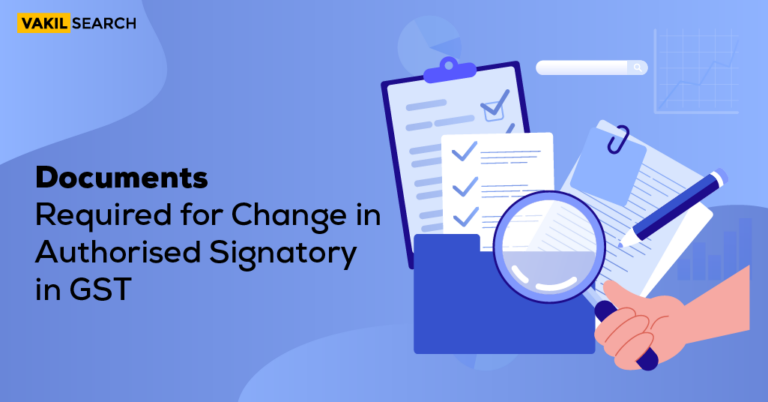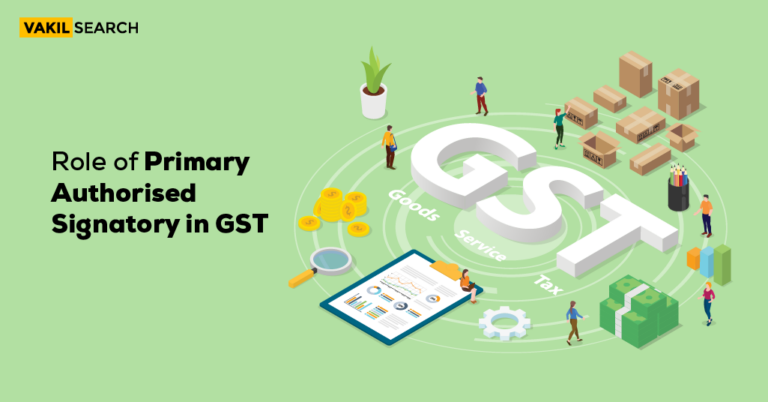This article will discuss whether GST is applicable to legal services and also where to find online legal assistance. Read on to find out!
An indirect tax on the supply of goods and services in India is known as the Goods and Services Tax (GST). In order to restructure the nation’s economy, the GST was implemented to replace indirect taxes with a single tax.Prior to the implementation of GST, the standard tax rate for most goods was around 26.5%. In the wake of the GST, the structure of Indian indirect taxes was also altered. It used to cover levies like service tax, VAT, excise tax, and customs tax. Do Lawyers Need the GST Registration? Answered here!
India’s current GST is divided into 4 tax bands, with the lowest tax rate being 5% and the highest being 28%. As a result of its effects, advocate services are now subject to GST as well.
The general belief is that both individual lawyers and law firms are exempt from the GST on legal services. However, it is still unclear whether or not the GST is applicable to lawyers, legal firms, and the services they provide.
The Goods and Services Tax (GST) is levied on law firms and attorneys who supply any type of legal services to a business or organization with a revenue or turnover of Rs. 20 Lakh or more in the previous fiscal year. Furthermore, GST on legal services will be due when a senior advocate provides services to another firm’s lawyer or any other expert. As a result, in these cases, lawyers must apply for GST Registration in India before filing their GST returns.
GST Applicability for Lawyers and Legal Services
The taxation of legal services has not changed since the GST Law came into effect. Neither it is applicable to the reverse charges nor to forward charges for advocates & law firms.
All indirect taxes have been combined into a single levy with the passage of the Central Goods and Service Tax Act, 2017 (CGST Act), together with other GST laws.
- The CGST Act’s Section 7 addresses charging in cases where the term “supply” has been deemed to embrace all types of supply of goods or services or both, for consideration and as part of a company.
- The GST Council finalised the tax rate on legal fees for legal services under Article 279A of the Indian Constitution and carried over exemptions from the previous system.
The GST is not required to be paid on lawyer and law firm fees. Only if they are working with an individual rather than a company.
With the help of Vakilsearch, you can get all your legal work done without any hassle.
The exemption covers the following corporate entities:
- Having turnover of up to ₹ 20 lakh (in general category states) and
- Having turnover of up to ₹10 lakh (in special category states like North-East).
The GST has undergone numerous revisions since the government first implemented it in July 2017. Senior lawyers are their own category in the reverse charge list under the GST on legal services. They fall under the list of services classified as reverse charges.
According to GST law, all legal services, whether provided by a law company or a person, are subject to Reverse Charge payment.
There is no other output for GST liability for any law firms or lawyers that provide legal services. They would all be exempt from GST registration since they provide legal services.
When a law firm offers legal services outside of India, you must confirm that it is registered. In addition, you must monitor the receipt of the amount of consideration value of foreign exchange in India.
GST Registration for Lawyers & Law Firms
In terms of registering, the GST law makes no distinctions between partnerships and individuals. However, the GST law mandates that anyone who is making taxable interstate supplies must register.
Additionally, it is announced that those involved in the production of taxable supplies are exempt from GST registration. The reason is that tax is due and payable on a reverse charge basis by the recipient of goods and services.
The GST on the reverse charge method won’t apply if the beneficiary is in another country. Instead, the involved attorney, legal firm, or LLP will be responsible for discharging GST and demonstrating the eligibility for export incentives. Now, this is only possible after acquiring GST for lawyers in India registration.
Lawyers or law firms must register if invoices are raised on international clients in order to receive the advantage of “export of service” under GST.
Since unregistered lawyers or law firms are unable to gain from exporting goods or services, any “inter-state supplies” they make are technically subject to IGST. On a reverse charge basis, the service provider is then liable for the IGST, not the beneficiary.
Through a notification, the Central Government has established a few exclusions from the taxable nature of advocates’ services.
In India, the following legal services are excluded from GST:
- Other than a senior advocate, legal services provided by law firms or an individual lawyer to
- An advocate or partnership firm of advocates offering legal services,
- Any person who is not a commercial entity, or
- A business entity with an aggregate turnover of less than ₹ 20 lakh in preceding financial year.
Legal services offered by a senior advocate to:
- Any person who is not a commercial entity, or
- A business entity with an aggregate turnover of less than ₹ 20 lakh in preceding financial year.
Experience seamless tax planning. Use our Online GST Calculator to simplify your calculations and enhance your business efficiency.
What is Reverse Charge Mechanism?
The manufacturer, seller, or provider of the service must collect the tax from the buyer of the good or service in order to levy indirect taxes. Once the manufacturer or service provider has adjusted their output liability, they deposit the tax with the Indian tax authorities.
A GST rate on legal services is offered by an individual advocate, including a senior advocate. These services are subject to taxation in India under the GST legislation in order to represent a client before any court, tribunal, or authority located in a taxable territory.
Lawyers must first register in order to supply legal services under the GST system’s reverse charge process. Similar to other service providers, legal service costs are subject to GST if their combined annual revenue exceeds.
Conclusion
Do you have to register for the GST system in India? Or do you have any questions about the GST on legal services? Don’t be worried and contact the best tax and duty lawyers at Vailsearch! When a senior advocate offers legal services to another advocate or firm of advocates, GST on those services is also payable. You can get a lawyer online easily with the help of Vakilsearch, the expert team can assist you in every legal matter.
Vakilsearch can provide you with a lawyer online and can help you solve your problem in a few clicks.










